Young adults with disabilities find community in social media
Instagram and TikTok often feature glamorous young people who are hard to identify with so these social media users decided to take matters into their own hands
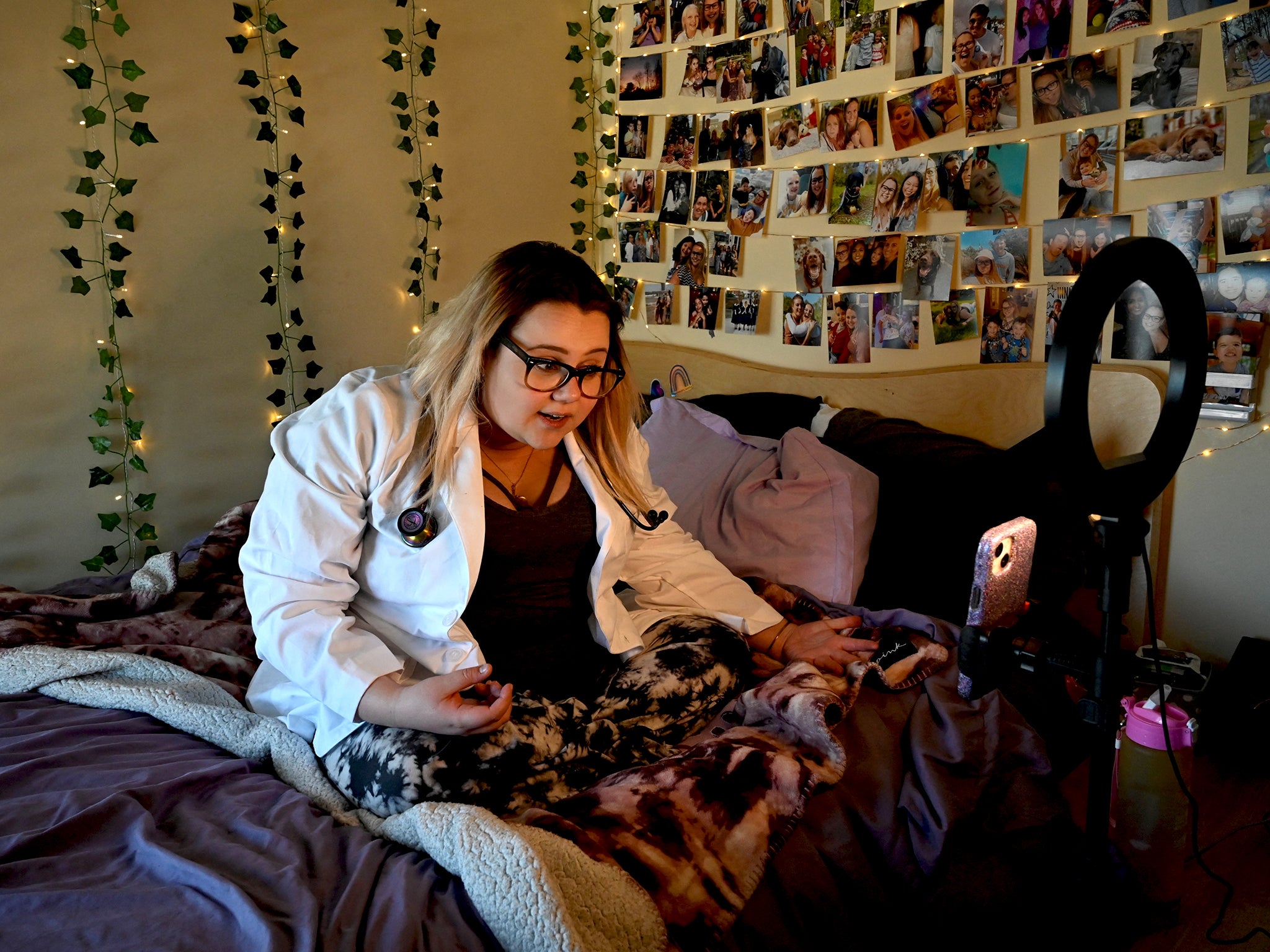
Frustrated by what they felt were misperceptions of people with disabilities, Logan Kelble began posting dance videos on TikTok and bold, colorful fashion and makeup looks on Instagram – often with their feeding tube on full display.
Kelble, a 22-year-old living in West Virginia who uses they/them pronouns, said sharing glimpses of their life with a feeding tube and Ehlers-Danlos syndrome (EDS), a rare disorder that affects connective tissue and causes chronic pain for Kelble, has been a way to show the world that people with illnesses or disabilities are not defined by their conditions.
“I started the accounts just honestly to make friends because I didn’t know anybody who had what I had,” they said. “People often will treat me differently or feel sorry for me, or almost pity me because I have a feeding tube. Disabled people are not physically the same but mentally we are just as capable of being complex and intelligent people.”
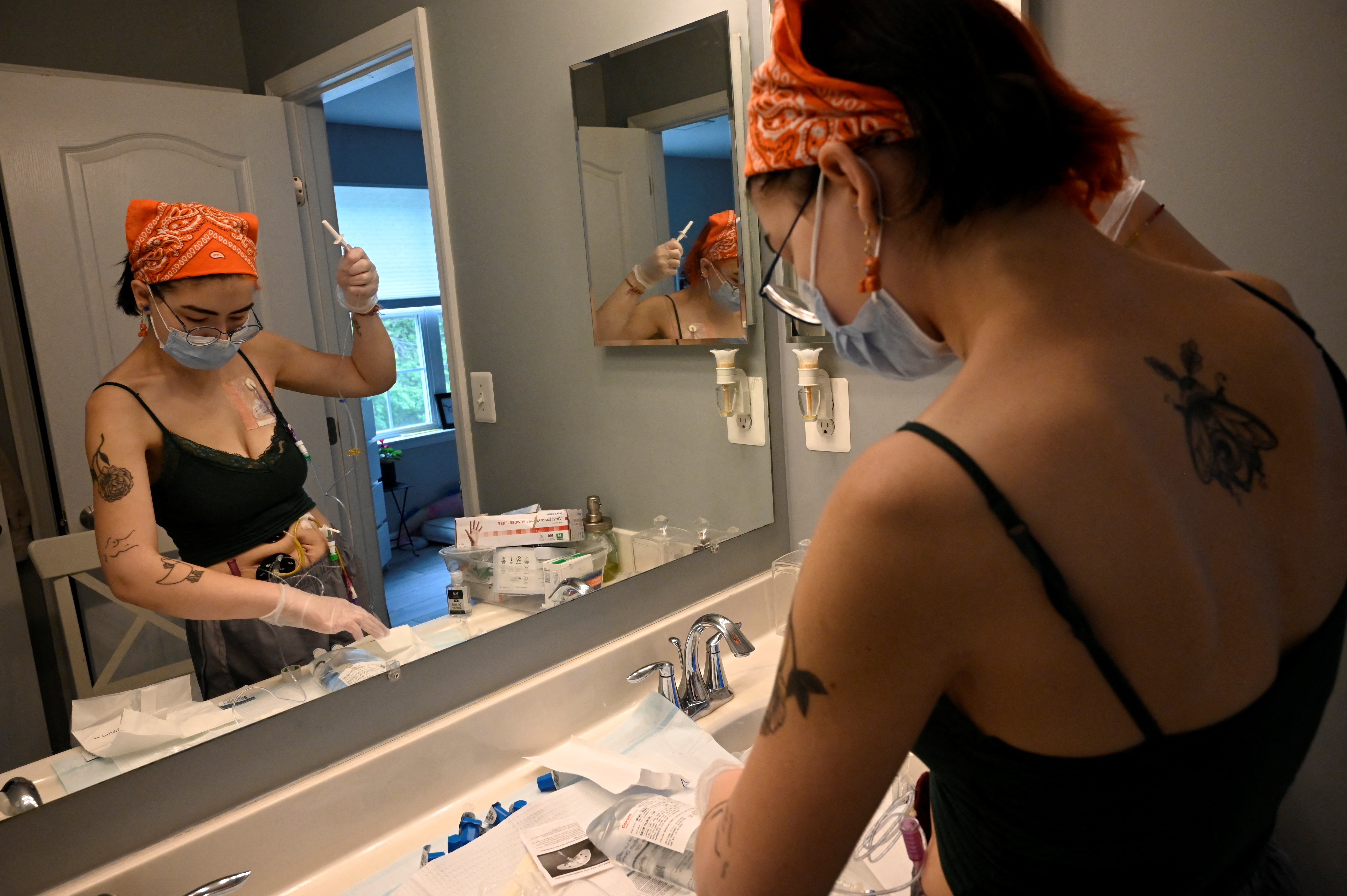
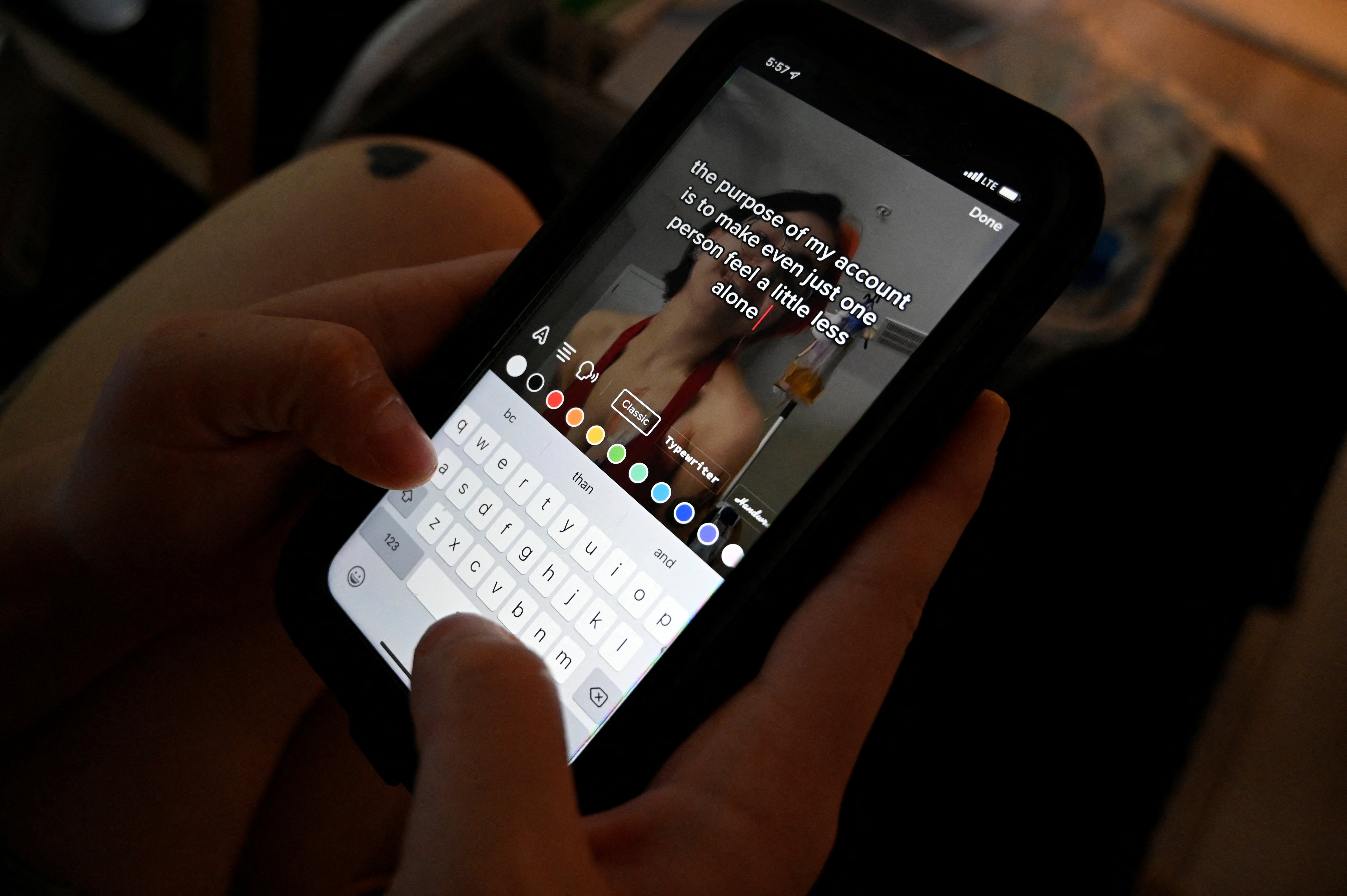
Kelble and Nicole Spencer, a medical student who also lives with EDS, are among a number of young people using social media to fight misperceptions of disabilities and talk frankly about their mental and physical health.
Their use of social media is especially poignant at a time when social media companies are reckoning with backlash from lawmakers, health experts and even their own users, who say apps like Instagram and TikTok encourage people to post glossy highlights of their lives, leading to lower self-esteem among young users.
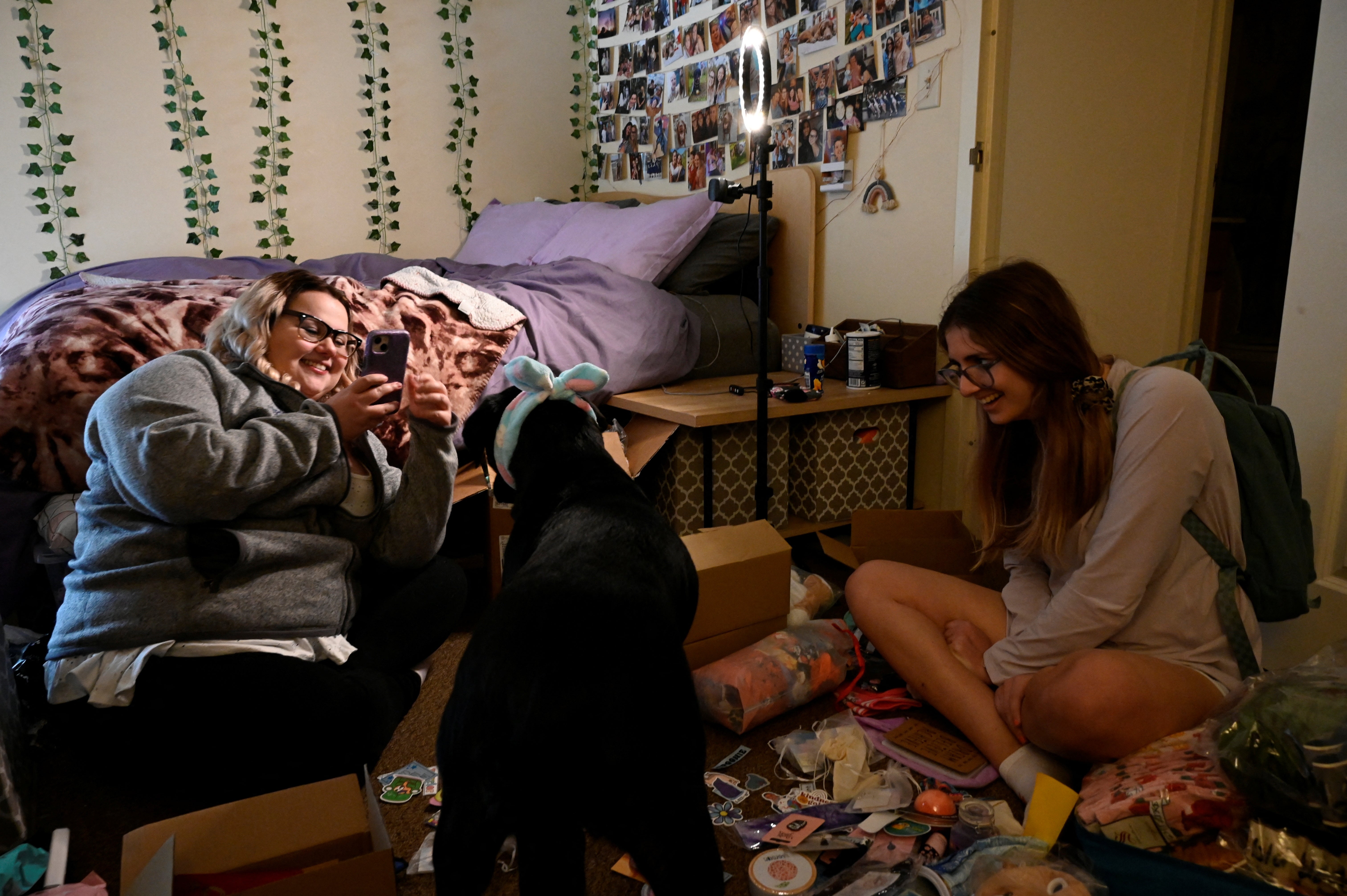
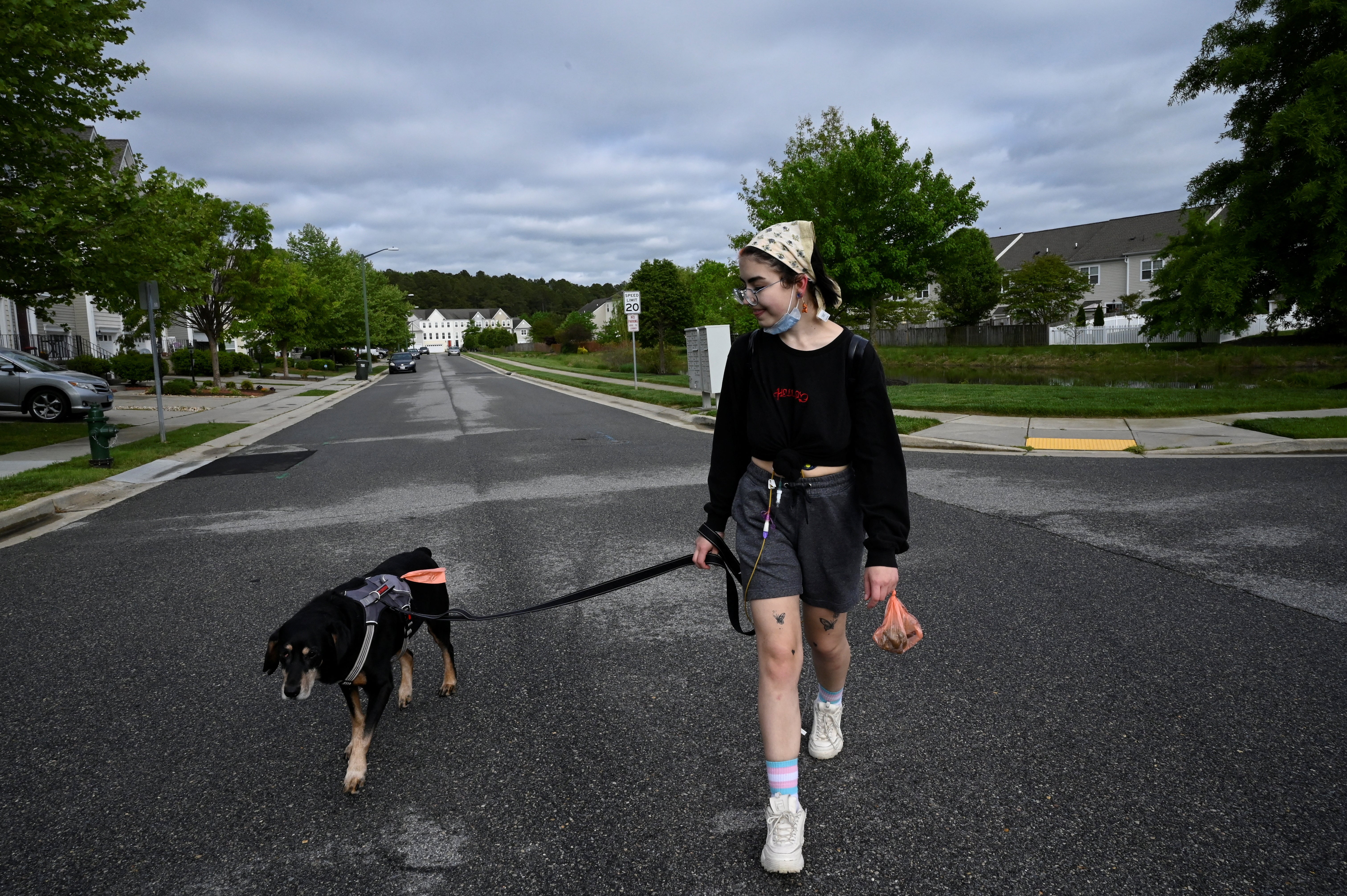
For example, Facebook, which has since renamed itself Meta Platforms, was at the centre of controversy last year when whistleblower Frances Haugen leaked documents that she said showed Facebook knew Instagram was harming some teenagers’ self-images but failed to address the problem. The company said in response that the documents were used to paint a “false picture”.
The key for users is to avoid mindlessly scrolling social media feeds and passively consuming content, said Jacqueline Sperling, a clinical psychologist and co-founder of the McLean Anxiety Mastery Program at McLean Hospital in Cambridge, Massachusetts.
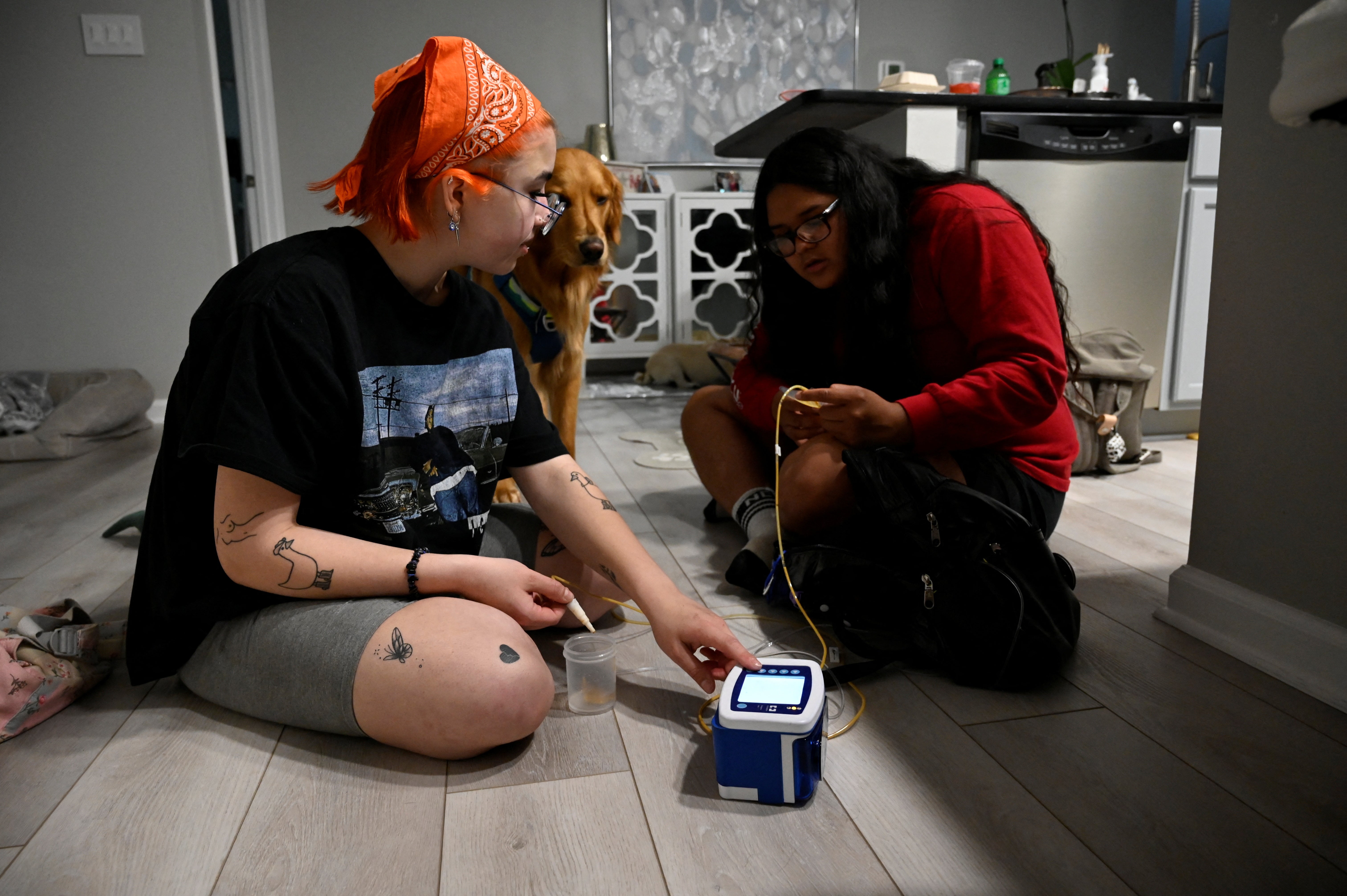
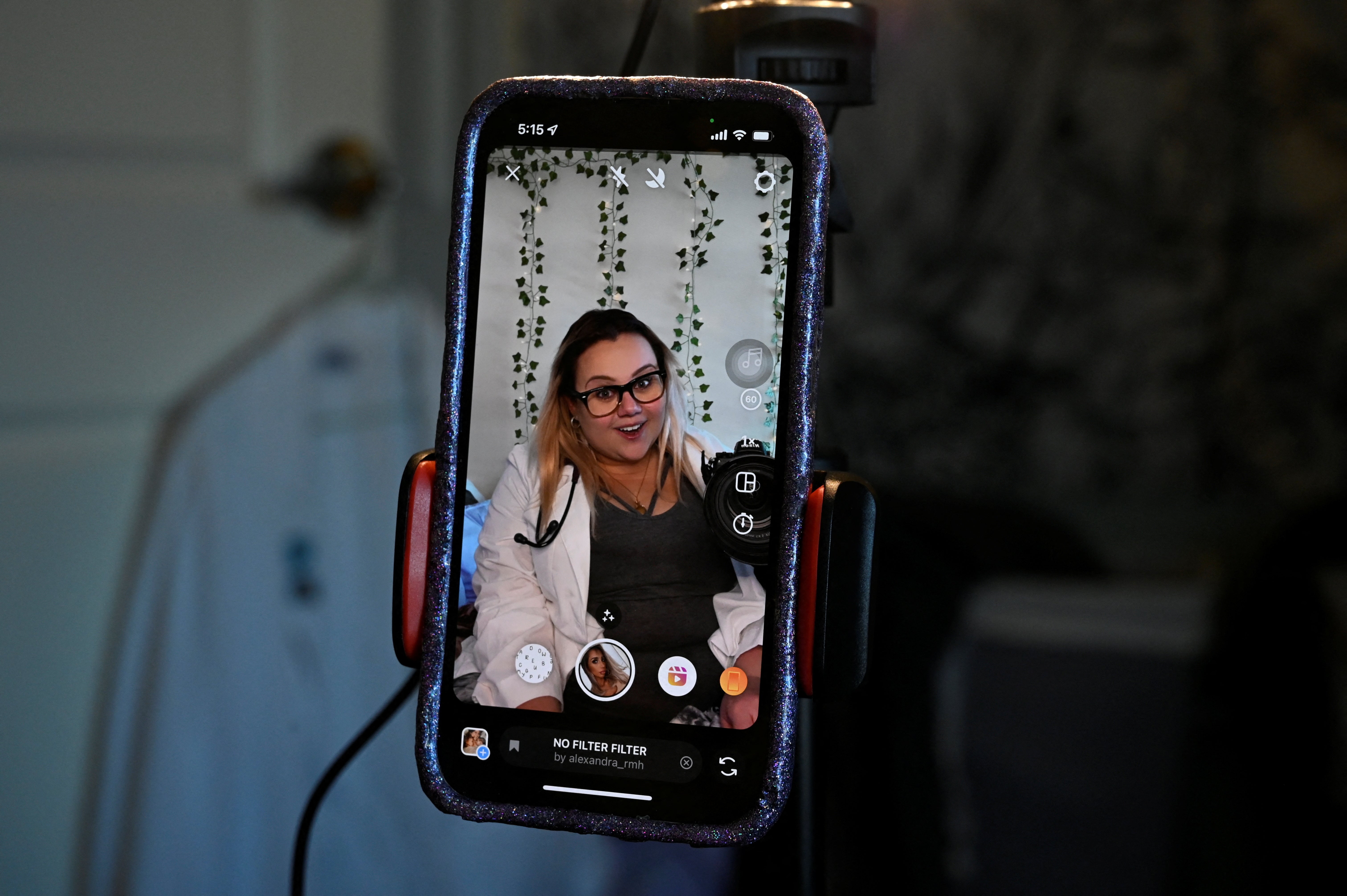
“When you’re scrolling through the news feed or other people’s posts, that creates an opportunity for comparison when you may notice someone else has more ‘likes’,” she said.
Social media can be rewarding when used to facilitate real connections, like making plans to meet and spend time together, Sperling said. Translating online scrolling into real-world impact has come naturally to Spencer, a 24-year-old medical student at SUNY Upstate Medical University, who was diagnosed with EDS and postural orthostatic tachycardia syndrome (POTS), which affects blood flow and leads to low energy.
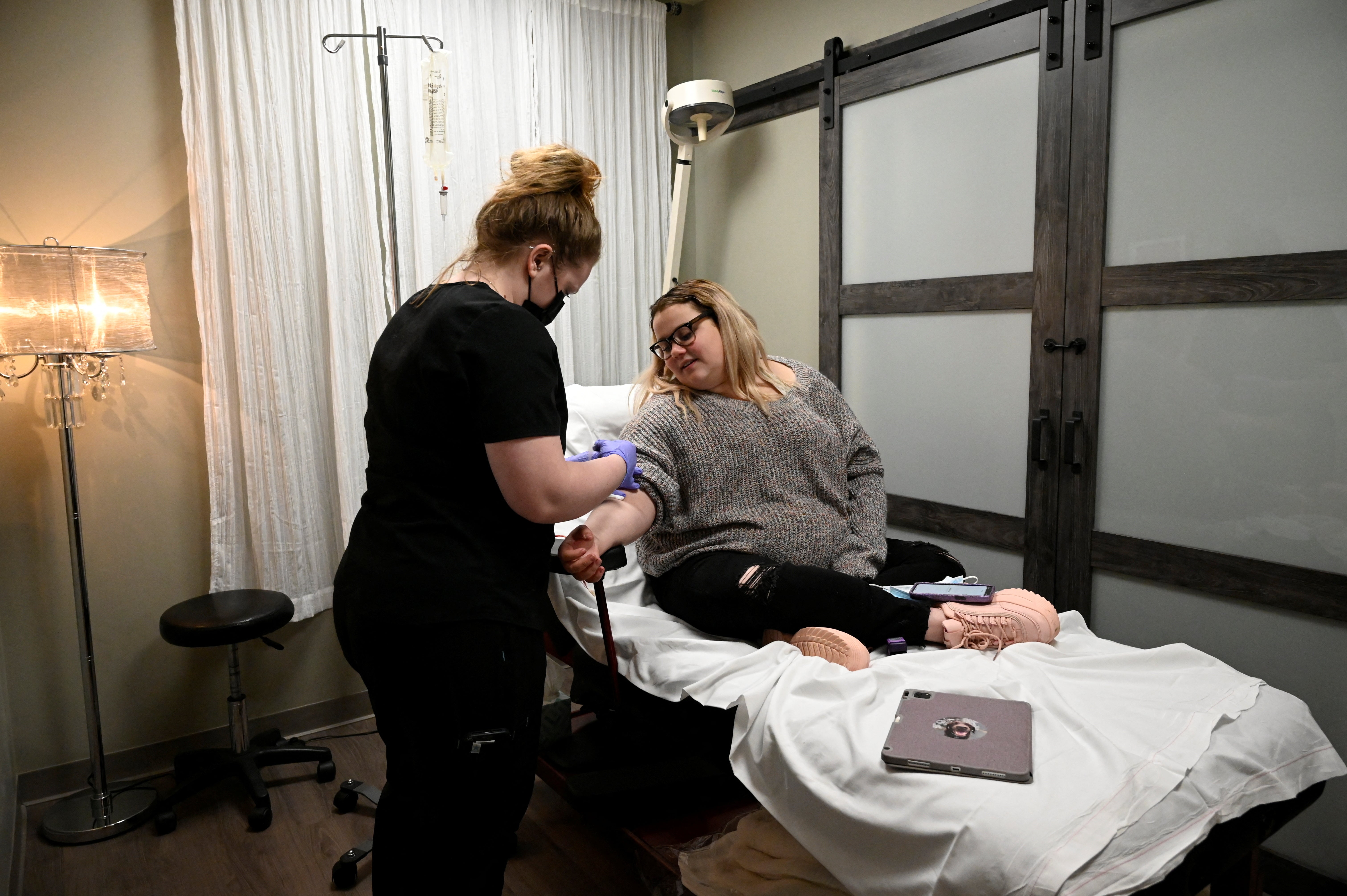
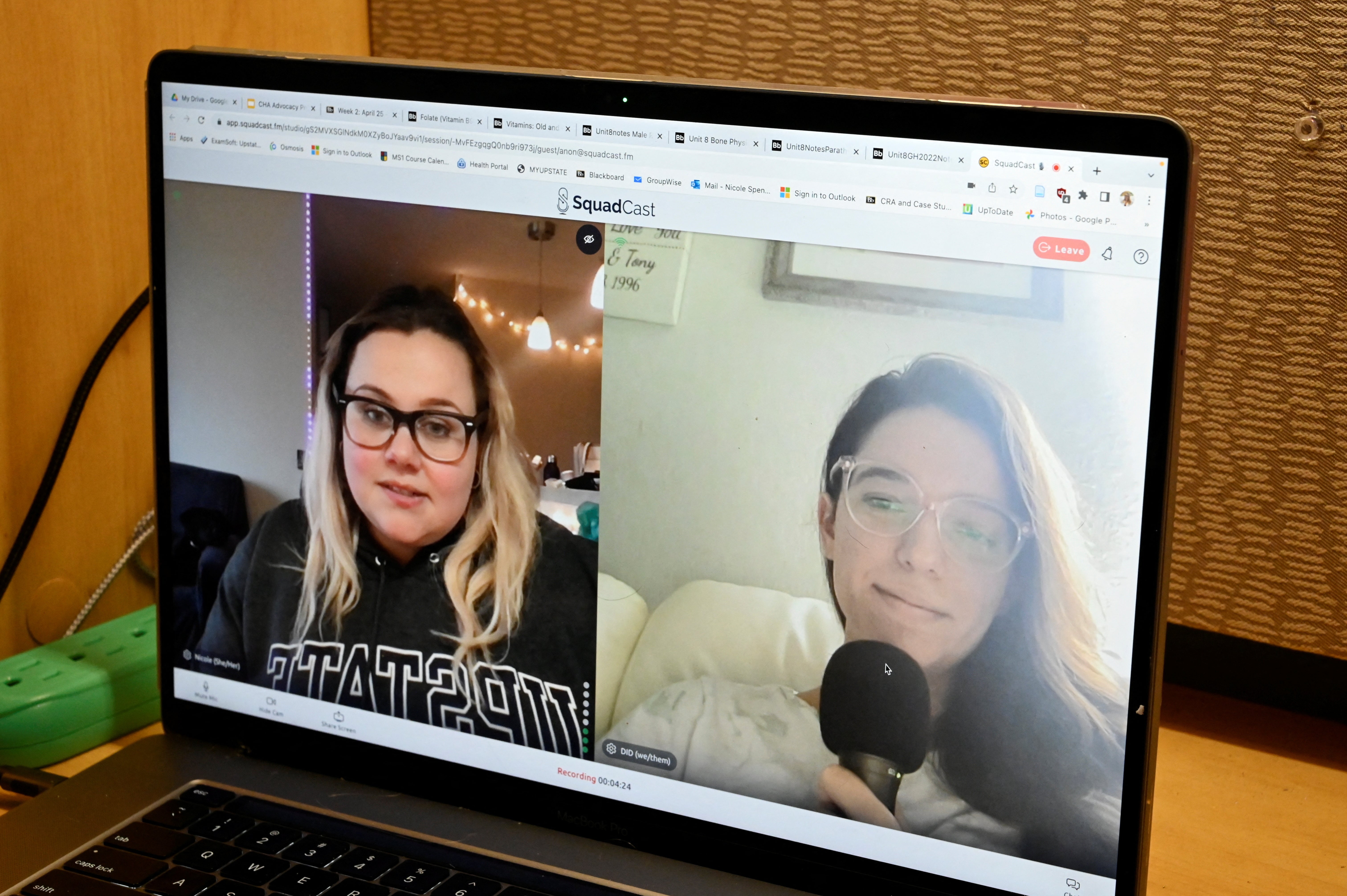
Spencer has packed and shipped more than 400 personalised care packages to children and young adults with chronic illnesses through an Instagram page she oversees called Potsie Packs, funded by donations.
Typical items in the care packages might include electrolyte drink mixes or compression socks. But they also include fun items like stickers or tube tape with colorful patterns, which can be used to tape feeding tubes in place.
Spencer said recipients have told her the packages have helped them feel accepted and that they’re “part of this community now”. Still, the darker side of social media has at times reared its head.
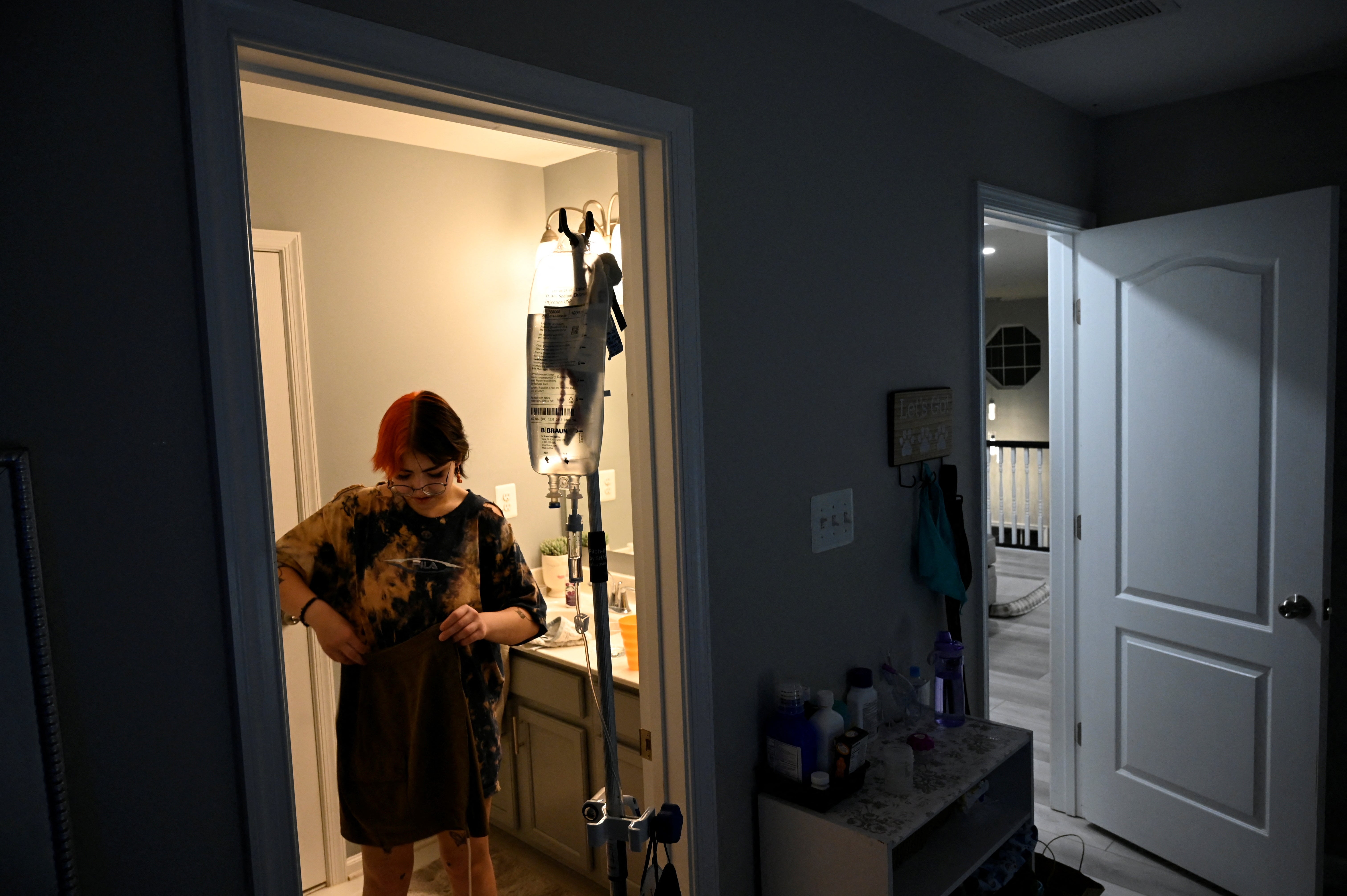
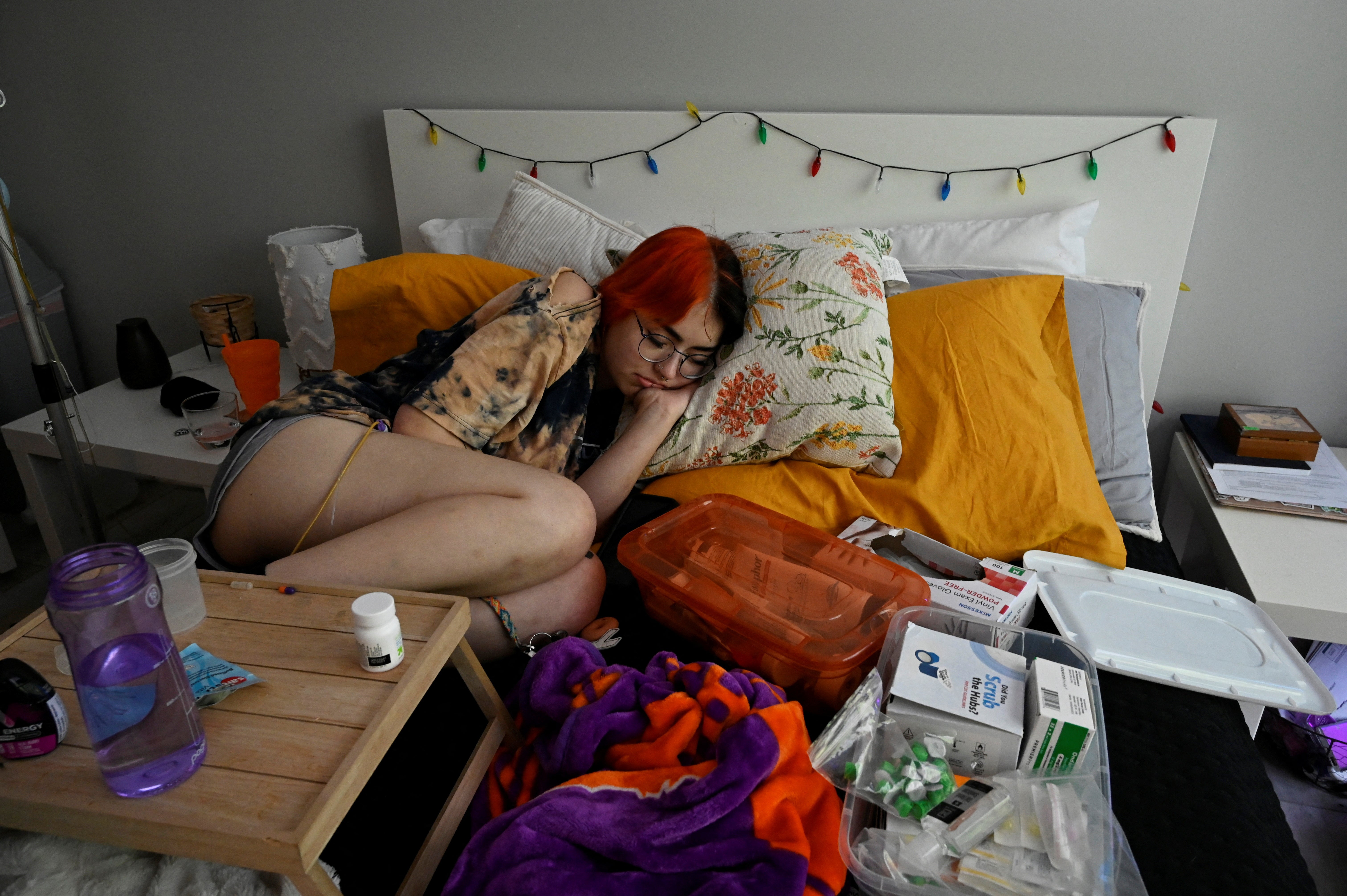
Strangers on TikTok and Reddit have criticised Kelble’s appearance or accused them of fabricating their illness and using fake stick-on tubes. “It’s absurd,” Kelble said. “I just block them and move on.”
A Reuters reporter reviewed medical records and spoke with doctors for Spencer and Kelble who confirmed their conditions. A Reuters photographer accompanied them to doctor appointments and documented their daily routines of prepping multiple medications at home and filming videos for social media.
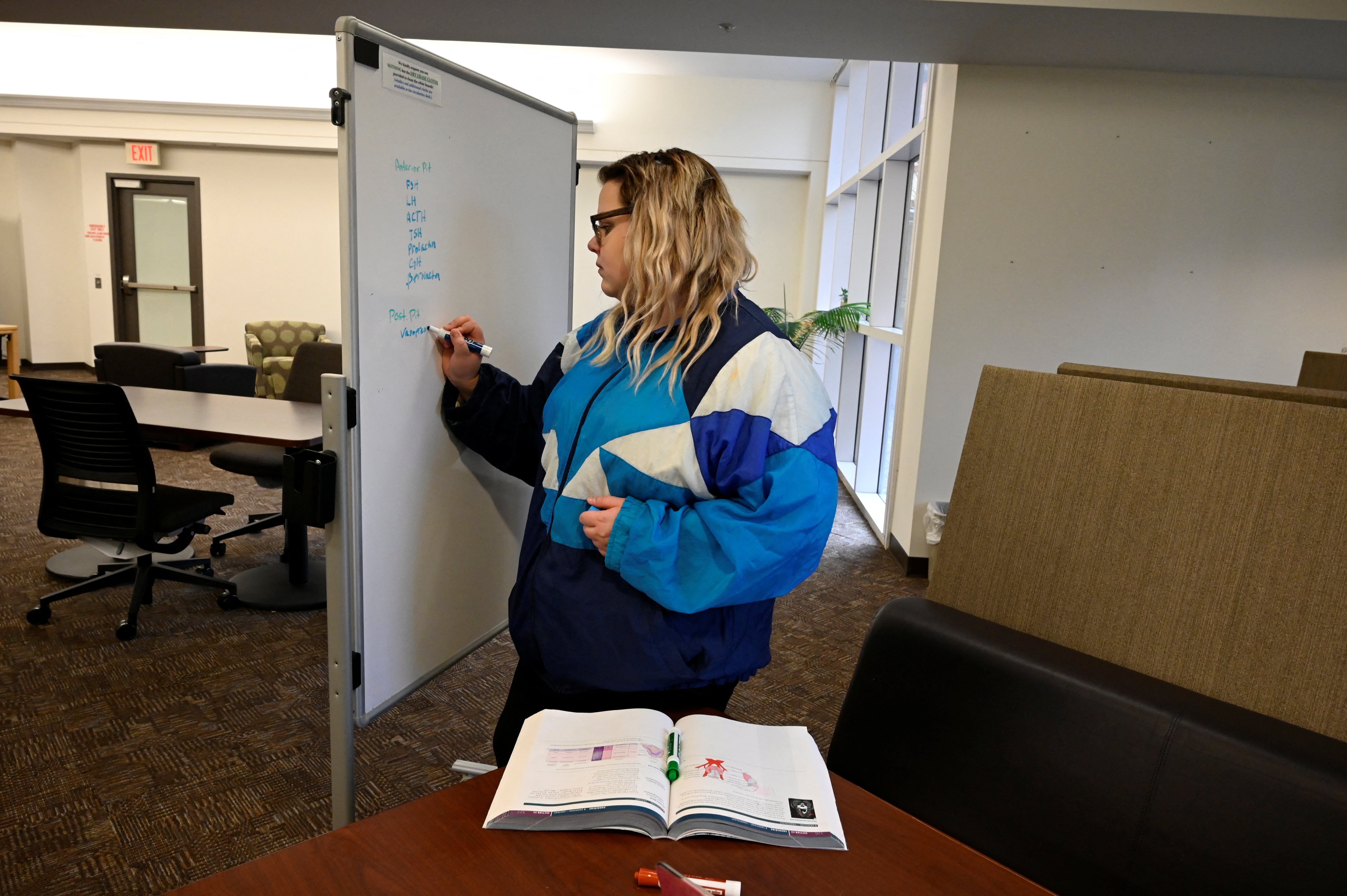
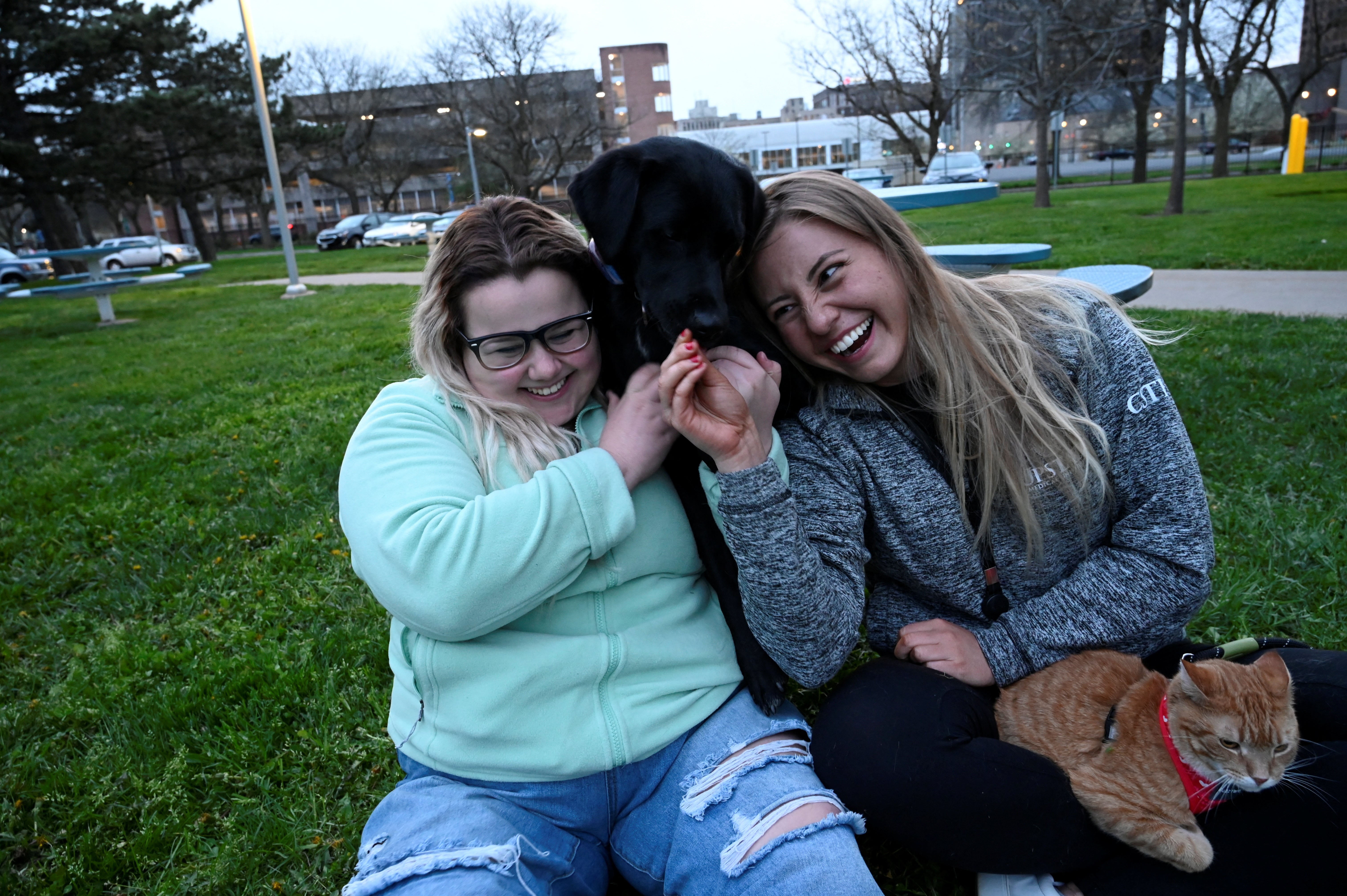
With chronic conditions that make it difficult to travel or leave the house for long periods of time, the apps have helped both Kelble and Spencer form friendships with people in different corners of the country.
What began as direct messages on Instagram eventually became near-daily FaceTime calls between Kelble and three friends. Forming a connection with friends, all of whom also live with a chronic illness or disability, has helped Kelble move past difficult times.
“They genuinely saved my life several times,” said Kelble.
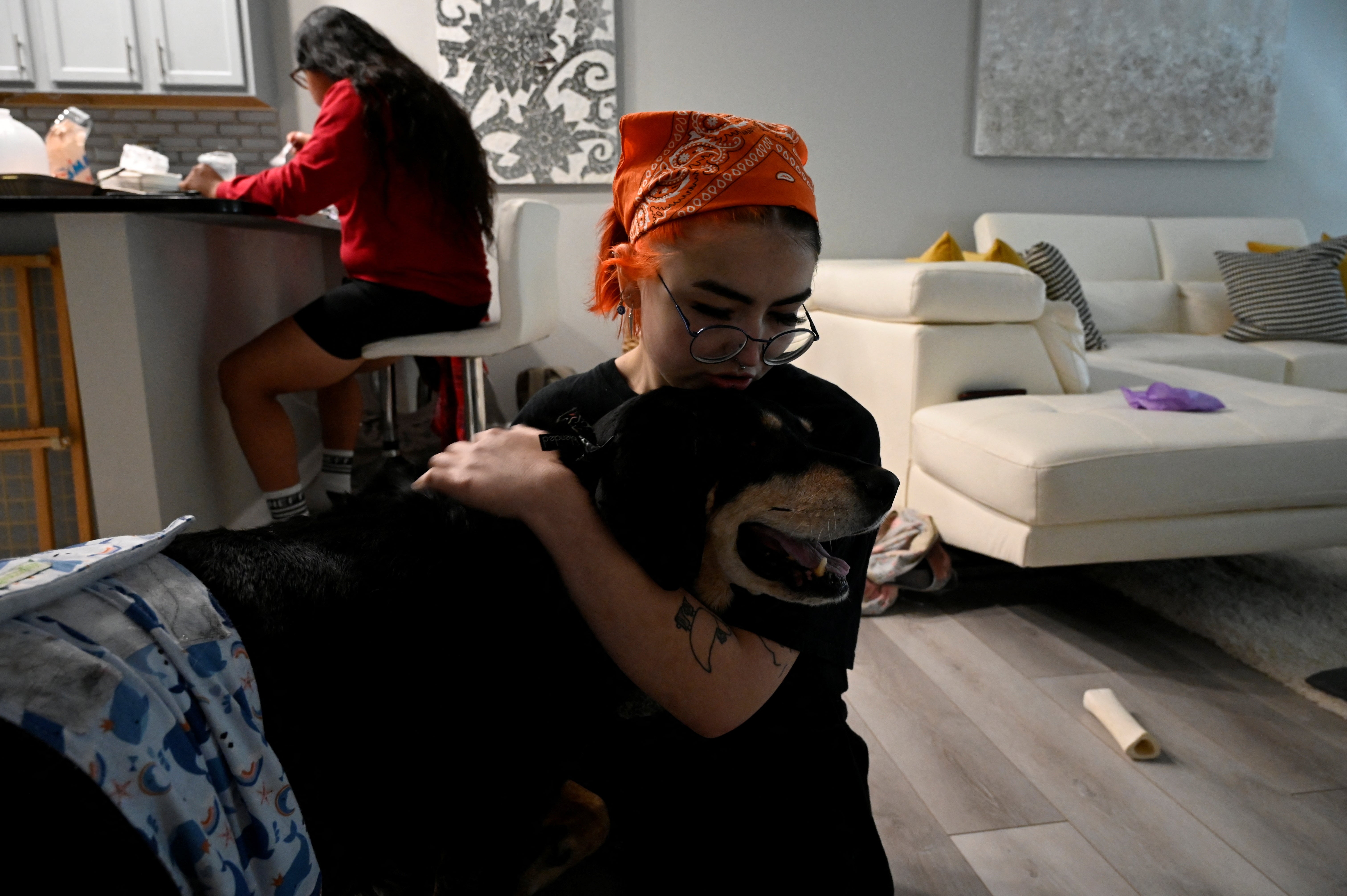
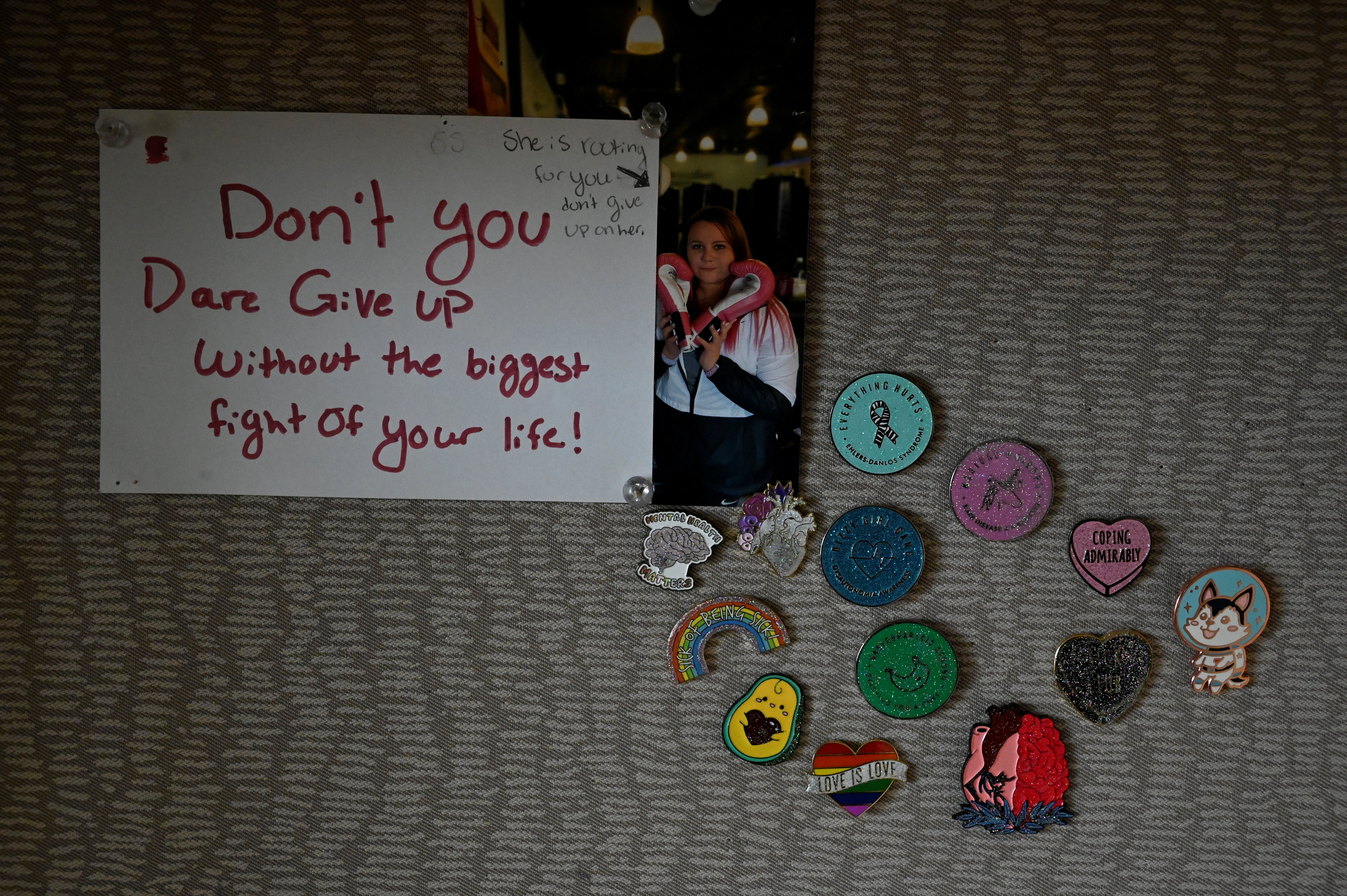
Some followers have also helped support Kelble by purchasing items through an Amazon wish list or sending donations.
After several life-changing experiences, which she said included losing her childhood best friend to cancer and then living with her own chronic illness, Spencer’s plan after medical school is to become a pediatrician and work with children and teenagers as a doctor who can relate to them.
“Through all of the experiences that I’ve had, through being sick myself or seeing my friends go through much more challenging illnesses... if I could make one kid feel a little less alone, that would be my dream,” she said.
Reuters
Join our commenting forum
Join thought-provoking conversations, follow other Independent readers and see their replies
Comments
Bookmark popover
Removed from bookmarks